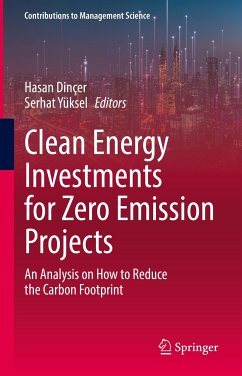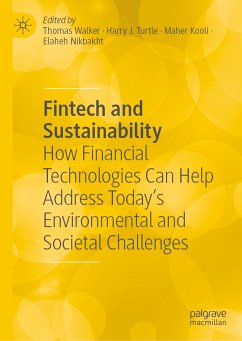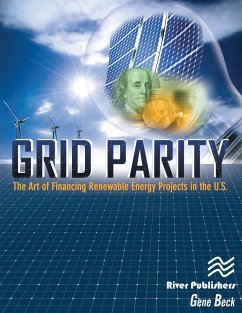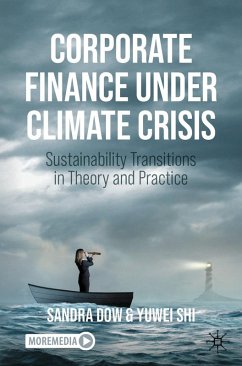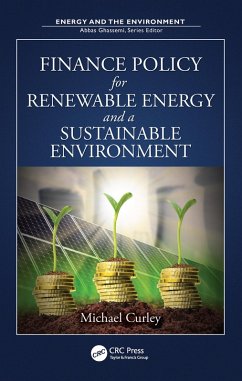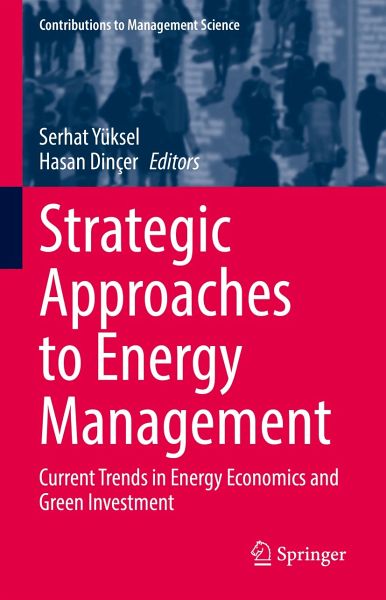
Strategic Approaches to Energy Management (eBook, PDF)
Current Trends in Energy Economics and Green Investment
Redaktion: Yüksel, Serhat; Dinçer, Hasan
Versandkostenfrei!
Sofort per Download lieferbar
136,95 €
inkl. MwSt.
Weitere Ausgaben:

PAYBACK Punkte
68 °P sammeln!
This book introduces current managerial approaches to energy production and energy use. The volume analyses how to manage technological developments that contribute to lowering the price of energy production and also focuses on the impact renewable energy sources that provide continuity in energy production and how to manage it. The book presents studies on the effectiveness of wind, solar, biomass, geothermal and hydroelectric energies and discusses current technological approaches to prevent environmental pollution such as carbon capture and storage. Furthermore, the book includes sustainabl...
This book introduces current managerial approaches to energy production and energy use. The volume analyses how to manage technological developments that contribute to lowering the price of energy production and also focuses on the impact renewable energy sources that provide continuity in energy production and how to manage it. The book presents studies on the effectiveness of wind, solar, biomass, geothermal and hydroelectric energies and discusses current technological approaches to prevent environmental pollution such as carbon capture and storage. Furthermore, the book includes sustainable economic and financial strategies to use energy more effectively and efficiently. It thus appeals not only to an academic readership but also to energy management professionals working in this field.
Dieser Download kann aus rechtlichen Gründen nur mit Rechnungsadresse in A, B, BG, CY, CZ, D, DK, EW, E, FIN, F, GR, HR, H, IRL, I, LT, L, LR, M, NL, PL, P, R, S, SLO, SK ausgeliefert werden.



